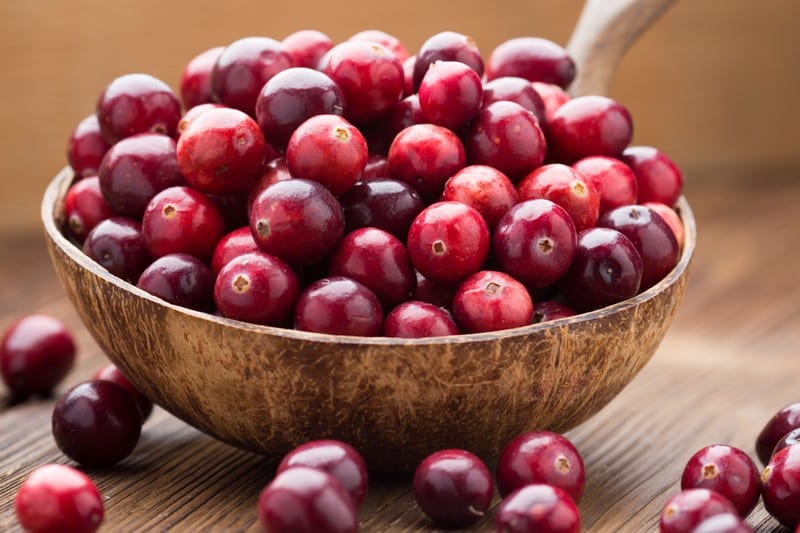Urinary tract infections are common, accounting for roughly eight million visits to the doctor every year. Often, they occur more in women due to their shorter urethras, although the condition affects men too, typically due to enlarged prostates that may obstruct urine flow. As its name suggests, a UTI is an infection that generally happens when bacteria are able to get into and multiply within your urinary tract, which includes the urethra, bladder, ureters, and kidneys.
It also has a range of different symptoms, such as burning and painful sensations when urinating, abdominal pain, foul-smelling or cloudy urine, and blood in the urine. In addition, if the infection spreads to your kidneys, you can experience fever, severe back pain, vomiting, and nausea. For this reason, it’s best not to leave the condition untreated, or it may result in severe health complications and medical problems.
In most cases, UTIs aren’t a cause for concern if promptly treated. Symptoms usually begin to improve within three to four days of antibiotic therapy. Along with the prescribed medications, there are also many practices and home remedies that can speed up the recovery process and minimize the chances of further infections.
Cranberries

A popular superfood high in antioxidants and nutrients, cranberries are a staple in many diets and can be consumed as is, used as a sauce, and turned into juice, among many others. They also contain ingredients that may keep bacteria from infecting the urinary tract’s walls. Several studies have linked these fruits’ nutrients to a lowered risk of developing UTI, preventing cancer, improving immune system functions, and regulating blood pressure.
Moreover, cranberries play a crucial role as a traditional treatment method for UTIs. Its high content of proanthocyanidins may keep bacteria from infecting the walls of the urinary tract. One study found that taking cranberry extract capsules twice daily reduces the likelihood of getting urinary tract infections. However, it’s worth noting that juice products are unlikely to yield the same results as they usually don’t have the same content level of proanthocyanidins.
While they boast a wealth of health benefits, cranberries may not necessarily be safe for everyone’s consumption. For example, some evidence suggests that the fruit may enhance specific medications’ blood-thinning effects. Eating cranberries in large numbers may also result in an upset stomach and diarrhea, especially for children. Those who are pregnant should also avoid eating cranberries.










